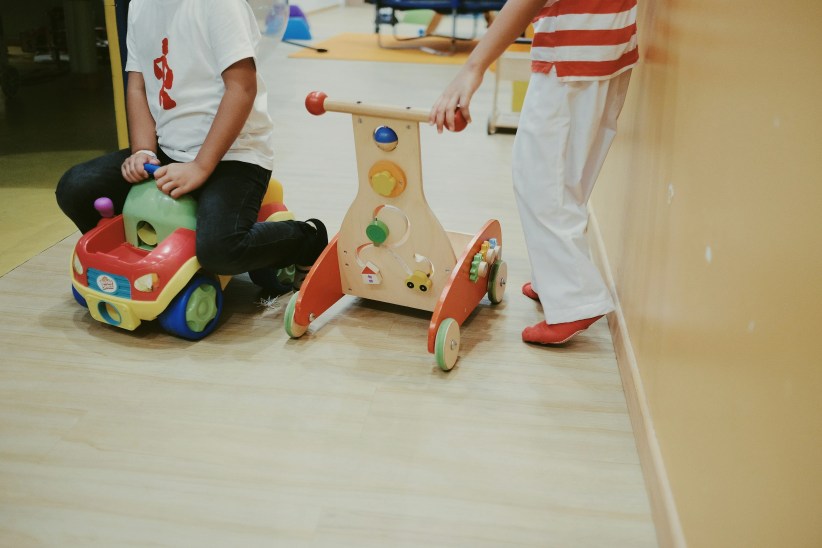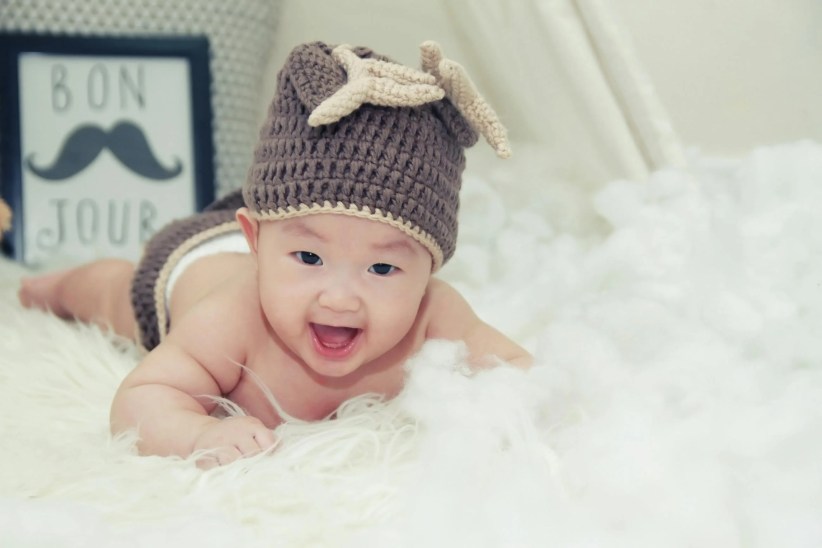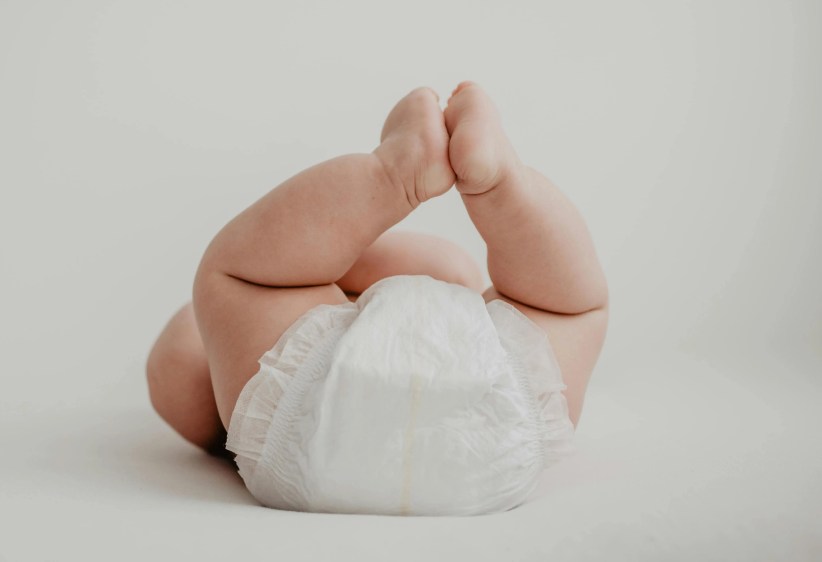
“Tummy time means mummy time!”
This is the audacious claim from the makers of a controversial new product designed to comfort newborns and infants.
Babocush, which was invented by Irish mom Kerry Nevins, is a cushion and harness device for colicky or otherwise “unsettled” babies.
You can either attach to a baby’s bouncer (up to three months) or lay on the floor (up to six months). The device aims to mimic the feeling of being held close to a parent’s chest and, according to the company’s website, “Its purpose is to give exhausted parents a break by holding their babies safely and securely in the same position offered by their chest or shoulder.”
While the company’s website does provide the results of testing, it does not indicate where the device was tested, when it was tested and by whom it was tested.
A recently released video on the company’s Facebook page has garnered nearly 10.5 million views and caused some controversy in the parenting community. The responses on the Babocush Facebook page have been mixed, with some parents expressing dismay that anyone would want to deprive their child of essential nurture, while other parents appear to welcome any product that might ease their baby’s discomfort.
While the Babocush website does briefly note the risk of SIDS—which can be increased when a baby under six months sleeps on its stomach—some believe their cautionary language could be misleading.
“When I look at that quote, it says: ‘Reduce the risk of SIDS,” but [for] somebody who doesn’t look at it with scientific eyes, I think it’s misleading,” says Dr. Susan Katz, a Pediatric Nurse Practitioner and Clinical Instructor at the Stony Brook School of Medicine. “They’re telling you to put the baby on its back, but the device literally puts the baby on its belly, to calm them down. And what does a calm baby do? It goes to sleep.”
“Babies cry,” Katz says. “It’s normal and it is one way they communicate. There are many things we can do to calm them that do not require placing them on their belly putting them at an increased risk for SIDS if sleeping.”























